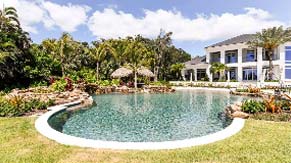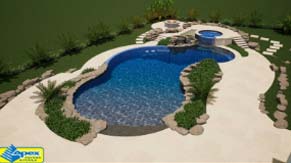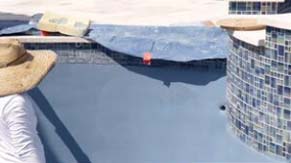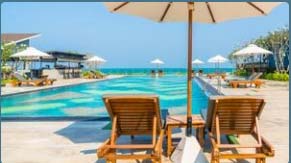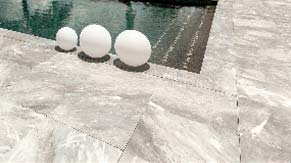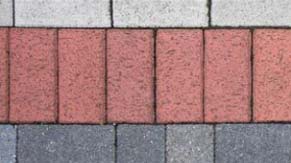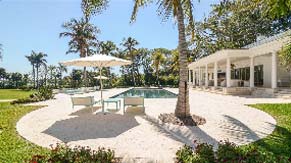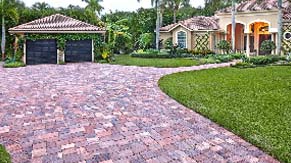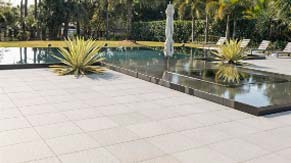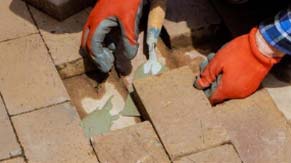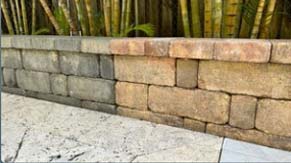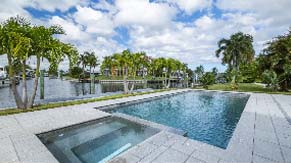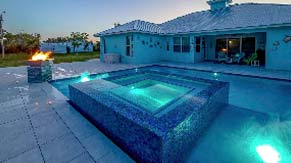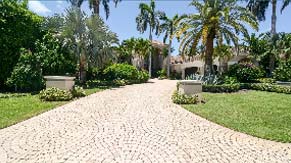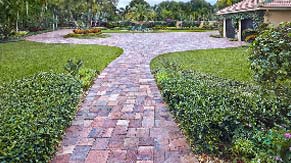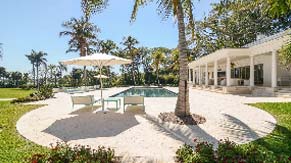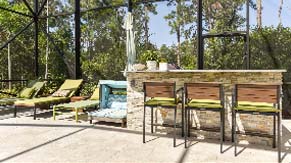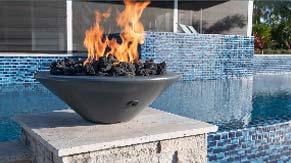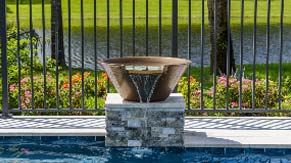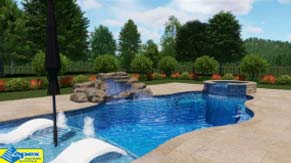Condensation vs. Leaks
Pool heaters are essential for extending your swimming season, but their operation can sometimes lead to confusion, particularly regarding water around the unit. This class clarifies the common misconception between normal condensation and actual plumbing leaks. Understanding this distinction is crucial for proper troubleshooting and avoiding unnecessary service calls.
We'll explain how pool heaters naturally produce a significant amount of condensation, which is then expelled through weep holes at the bottom of the unit. Learn to identify the signs of normal condensation versus the indicators of a genuine leak, which typically originates from the heater's plumbing lines. This knowledge empowers you to accurately assess your heater's condition and ensure its efficient and safe operation.
What You'll Learn in Pool School:
-
The process of condensation in pool heaters and why it's normal.
-
How to identify weep holes and collection pans on your heater.
-
Key differences between condensation and a true plumbing leak.
-
Where to inspect for actual leaks on your pool heater's plumbing.
-
How to avoid common misdiagnoses of heater issues.
Condensation: A Normal Part of Heater Operation
When your pool heater is running, especially in humid conditions or when there's a significant temperature difference between the air and the water, it will produce condensation. This is a natural byproduct of the heating process, similar to how an air conditioner works. The water vapor in the air condenses on the cooler coils inside the heater, collects in a pan, and then drains out through small openings called weep holes at the bottom of the unit. It's common for the pad beneath your heater to be wet when it's in operation, and this is usually not a cause for concern.
Identifying a True Heater Leak
While a wet pad due to condensation is normal, a genuine leak from your pool heater is a different matter. True leaks typically originate from the heater's plumbing connections. This includes the two plumbing lines that bring water into the heater and the one that carries heated water out. If you observe water dripping or spraying directly from these connections, or if the water loss is continuous even when the heater is off, it's likely a plumbing leak that requires attention.
Pro Tips for Pool Heater Owners
-
Observe Closely: Before assuming a leak, observe where the water is coming from. If it's from the bottom weep holes, it's likely condensation.
-
Check Plumbing Connections: Regularly inspect the plumbing lines connected to your heater for any signs of drips or moisture.
-
Monitor Water Levels: Keep an eye on your pool's overall water level. A significant, unexplained drop could indicate a leak somewhere in the system, including the heater's plumbing.
-
Clean Around Heater: Keep the area around your heater clear of debris to ensure proper airflow and to easily spot any unusual water accumulation.
-
Professional Consultation: If you suspect a genuine plumbing leak or are unsure about any water around your heater, it's always best to consult a qualified pool technician.
Key Takeaways
-
Pool heaters produce condensation, which is normal and drains from weep holes.
-
A wet pad around the heater is usually due to condensation, not a leak.
-
True heater leaks typically occur at the plumbing connections.
-
Regular inspection helps differentiate between condensation and actual leaks.
-
Consult a professional for suspected plumbing leaks to prevent further damage.
Why Choose Apex Pool School?
With over 20 years of experience in pool maintenance and construction, Apex Pool School offers the most comprehensive and practical pool education available. Our expert-led courses combine theoretical knowledge with hands-on techniques used by professional pool technicians.
Frequently Asked Questions
Here are some common questions about pool maintenance. If you have other questions, feel free to contact us.
Common types of pool heaters include gas heaters (natural gas or propane), electric heat pumps, and solar heaters. Each has different operating costs, installation requirements, and heating efficiencies.
The time it takes to heat a pool depends on several factors, including the heater's BTU output, the pool's size, the desired temperature increase, and ambient air temperature. It can range from several hours to a few days.
To improve heater efficiency, use a solar cover to retain heat, ensure your pool is properly insulated, and perform regular maintenance on the heater itself, such as cleaning filters and checking for obstructions.
Most people find a swimming pool temperature between 78°F (26°C) and 82°F (28°C) to be comfortable. For competitive swimming, temperatures are often lower, while for therapeutic use, they might be higher.

